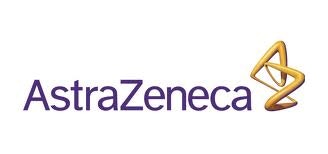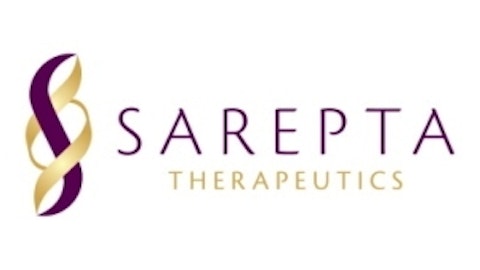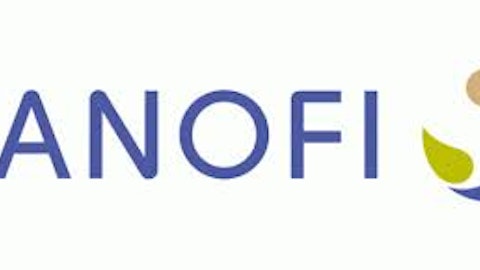High dividend pharmaceutical stocks have been extremely popular in recent years. Dividend stocks are usually larger mature companies, and people do not expect a younger company’s growth from a dividend stock.
Interestingly for the pharma sector, however, bigger biotech companies rejuvenate themselves constantly by buying up or tying in with younger biotechs. Thus, while many of them provide good dividends, they also offer a lot of growth to investors. This is probably one reason why dividend paying biotech stocks are so popular, to say nothing of the fact that the sector has outperformed other sectors for quite some time now.
Stock performance however is no guarantee that companies will maintain or raise dividends. So, let’s look at three top dividend paying biopharmaceutical stocks and try to understand if the dividend paying capacity of these three maximum dividend yield stocks are sustainable.
The companies in question are AstraZeneca plc (ADR) (NYSE:AZN), GlaxoSmithKline plc (ADR) (NYSE:GSK) and Eli Lilly & Co. (NYSE:LLY).
AstraZeneca plc (ADR) (NYSE:AZN) not looking too good
At current market price of $48.98 (June 20, 2013), AstraZeneca plc (ADR) (NYSE:AZN) yields 7.50% if you go by Yahoo finance, the highest yield in the sector.
The problem is the company faces patent expirations and needs to reinvigorate its product pipeline. AstraZeneca plc (ADR) (NYSE:AZN), Britain’s second largest drug manufacturer, is buying Pearl Therapeutics for $1.15 billion.
Pearl Therapeutics is a specialist in respiratory drugs and if the deal goes through, it will secure AstraZeneca plc (ADR) (NYSE:AZN)’s position in the market for the new class of drugs for treating Chronic Obstructive Pulmonary Disease or COPD . Known as LABA/LAMA drugs, because they combine two existing therapies, these hold a lot of promise as they help avoid the use of steroids. This would serve as an insurance against the risk of losing Symbicort, its inhaled respiratory drug, to the new therapy.
The company also has another triple combination medicine for COPD in Phase II trials. However, it may lose the race for regulatory approval to Novartis AG (ADR) (NYSE:NVS), which is likely to get approval from the European regulator later this year for its LABA/LAMA candidate.
The Pearl deal follows an agreement made two weeks earlier, buying Omthera Pharmaceuticals to build AstraZeneca plc (ADR) (NYSE:AZN)’s cardiovascular portfolio. Omthera reported successful Phase III results of clinical trials of Epanova for treatment of patients with very high triglycerides and expects to get FDA approval this year.






